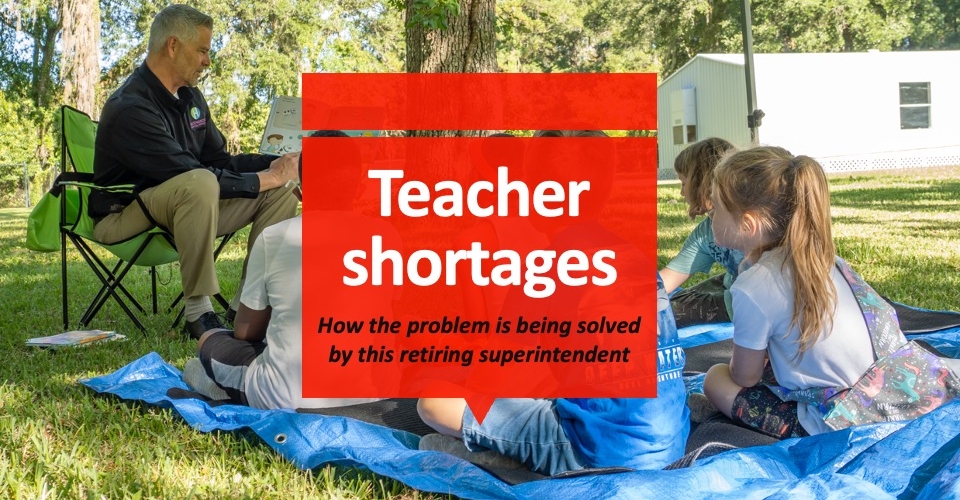When Superintendent Darryl Henson took the helm, Marlin ISD had been a low-performing district longer than any other school system in Texas. It had failed academically for 10 straight years and has now experienced more than 4,000 days of state intervention.
The turnaround began with Henson’s hiring in May 2020. “Let’s get rid of the jargon and the lingo, and let’s have a laser focus on children’s minds and the culture and most importantly, on the hearts of the educators who serve our children every single day,” Henson says in describing his leadership philosophy at the outset of his superintendence.
“If you have the will to win, if you are tenacious, my philosophy is we will change the trajectory of students’ lives,” Henson adds.
Henson has since helped lift Marlin ISD’s failing state accountability grade to a B-plus, recoding more academic growth than any other district in Texas, he says. Henson describes the key components of academic transformation:
- Quality of instruction: “We had to make sure we were arming teachers with the academic and social tools to be successful.”
2. “Student achievement mindset”: “Children have to achieve in whatever they’re doing, whether it’s academically, athletically, fine arts—you all are winners. If you’re going to represent Marlin ISD, you have to achieve and compete at the highest level.”
3. Culture and pride: “It has to tug at your heart to say ‘I am from Marlin, Texas’—knowing that the media hadn’t been friendly to our district for decades, didn’t matter.”
4. Excellence is the only option. “It came down to realizing that we were going to be great in all that we do. And we committed … that we were going to provide academic and life skills to ensure every child’s potential turns into performance.”
‘School improvement is not rocket science’
Students are more likely to make progress when they can see they are making progress, Henson attests. That’s why Marlin ISD students regularly take short tests throughout the year to demonstrate their learning—to their teachers and to themselves.
“Sometimes in education, we wait too long to allow our children to know that they are getting and grasping the concepts,” says Henson, who has recently named Texas’ Region 12 Superintendent of the Year. “Hope is not a strategy. I believe that being consistent over time and being persistent in achieving will begin to build that level of confidence.”
“Our children have to need to know early on that they are brilliant, that they were smart.”
It also reflects a shift from focusing on letter grades to students’ mastery of concepts as administrators ensure teachers have the resources they need—and then the renewed energy—to serve students. “I believe school improvement is not rocket science,” he notes. “Our students, our teachers, our administrative team have the will to win—we’re going to win every single day.”
This winning culture has to be created deliberately by every adult in the district in the pursuit of what Henson calls “realistic perfection.”
“Random acts of improvement will get us nowhere,” Henson concludes. “If we can go higher, I want to go higher. I don’t want silver academically, I want gold academically.”










